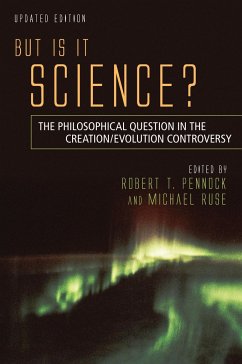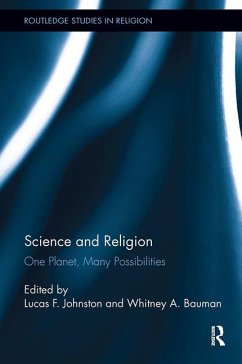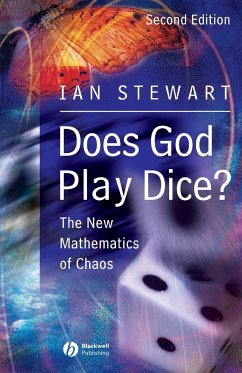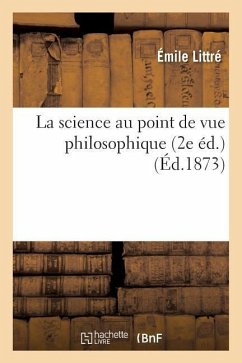Nicht lieferbar
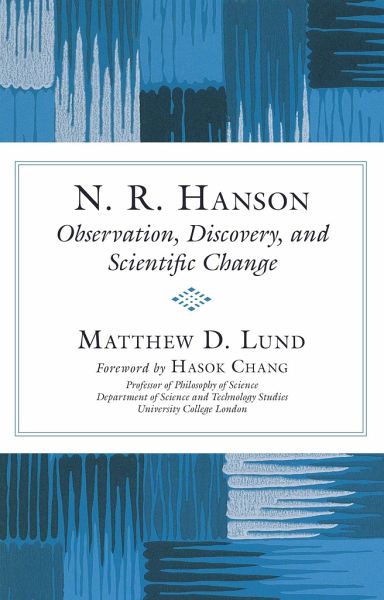
N. R. Hanson
Observation, Discovery, and Scientific Change
Versandkostenfrei!
Nicht lieferbar
Norwood Russell Hanson was a seminal figure in post-war philosophy and history of science. His major works, Patterns of Discovery and The Concept of the Positron, are landmarks in conceptual analysis and the historical case-study approach in the philosophy of science. This book provides the first comprehensive and exclusive treatment of Hanson's philosophy. While his thought has often been discussed in connection with Thomas Kuhn's picture of science, the rationality of discovery, and concept formation in science, Hanson's philosophy as a whole has not received adequate attention. In addition ...
Norwood Russell Hanson was a seminal figure in post-war philosophy and history of science. His major works, Patterns of Discovery and The Concept of the Positron, are landmarks in conceptual analysis and the historical case-study approach in the philosophy of science. This book provides the first comprehensive and exclusive treatment of Hanson's philosophy. While his thought has often been discussed in connection with Thomas Kuhn's picture of science, the rationality of discovery, and concept formation in science, Hanson's philosophy as a whole has not received adequate attention. In addition to providing an extended biographical treatment of this larger-than-life thinker, author Matthew D. Lund presents a nuanced and historical approach to Hanson's central philosophical concerns. These include the relation of theory and observation, normative and descriptive analysis, scientific objectivity, the logic of discovery, and the conceptual development of quantum theory. Lund also examines Hanson's work in the history of science and his attempts to integrate history and philosophy of science. By clarifying Hanson's intellectual influences and the intentions behind his philosophical activity, Lund argues that Hanson's philosophical approach is much more unified and distinctive than is generally recognized. In particular, it is shown that Hanson's theory of observation, his logic of discovery program, and his work in the history and historiography of science, are closely interrelated and interdependent projects. Finally, this book demonstrates that Hanson's epistemic framework couples nicely with contemporary cognitive scientific accounts of analogy, conceptual structure, and problem solving to provide an accurate and fruitful account of the epistemology of science.





